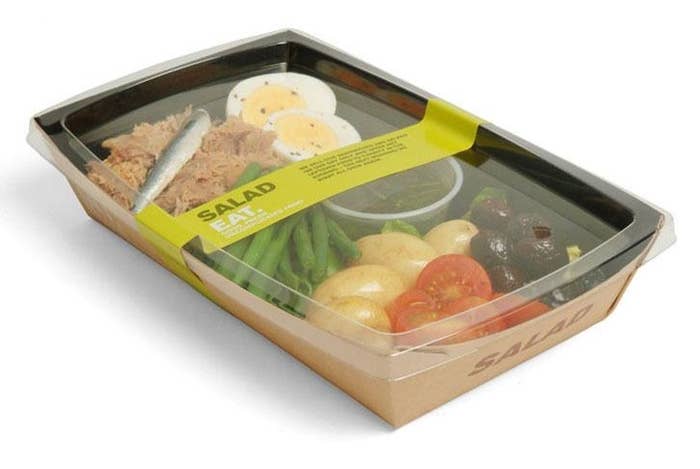
In today's world, we just want to make it to the next day, and grocery shopping is no exception. In order not to have any food to waste (because nobody likes to waste food, that in the end equals money), but in cases of emergency, we have little to cover the needs of basic feeding. And that happens more often than we would like to think!
Foods are perishable products, with a limited shelf life that varies depending on the product. Pathogenic microorganisms, viruses, molds, and yeasts are related to the process of deterioration of food. It is important to remember that there are also conditions that accelerate this decomposition, and we must also learn to store our goods to prevent them going bad or losing their nutritional value.
Taking health into your hands
The storage time can be substantially altered, and there are some things that may even result in your products being "empty" on the things that food is supposed to provide. For this, you must look after the following conditions:
Temperature
Store products at a temperature of 24 ° C / 75 ° F or below, if possible. If the storage temperature is higher, rotate the products as necessary to maintain the quality. When products are stored in a special packaging, they are meant to be protected from excessive heat, which may spoil your food and make it go bad.
Humidity
Keep the storage areas dry. It is better that the containers are not in the ground so that they have a good air circulation . Food that has moist or non-sealed packages may get mold and fungi, which is a clear sign of decomposition. When storing your food, use Mason jars and vacuum sealed bags. This will keep your food in a perfect state for the longer time.
Light
Protect your goods from direct sunlight in the cupboard. The truth is, the UV rays of sunlight may deteriorate your food and cause it to lose its nutritional value completely. When storing food, make sure you use opaque containers, and while not as effective, vacuum sealed bags and a dry, dark spot may also do the trick.
Oxygen
While oxygen is necessary for any living being to function; it can also be highly prejudicial when intending to store food for long periods of time. Oxygen feeds microorganisms that destroy food, spoil it and even invasively make it disintegrate. It is also responsible for the phenomenon of oxidation, which can be easily visible in fruits and vegetables. When trying to avoid this, it is important to use sealed bags and oxygen absorbing packets, to help your food stay good as new.
Smells
Another great use for vacuum sealed bags is preventing odors to get the best of your food, especially in dry or grainy foods, which absorb everything around them.
With these recommendations, your food will not only last longer but still provide the nutrients that feeding is supposed to bring.

